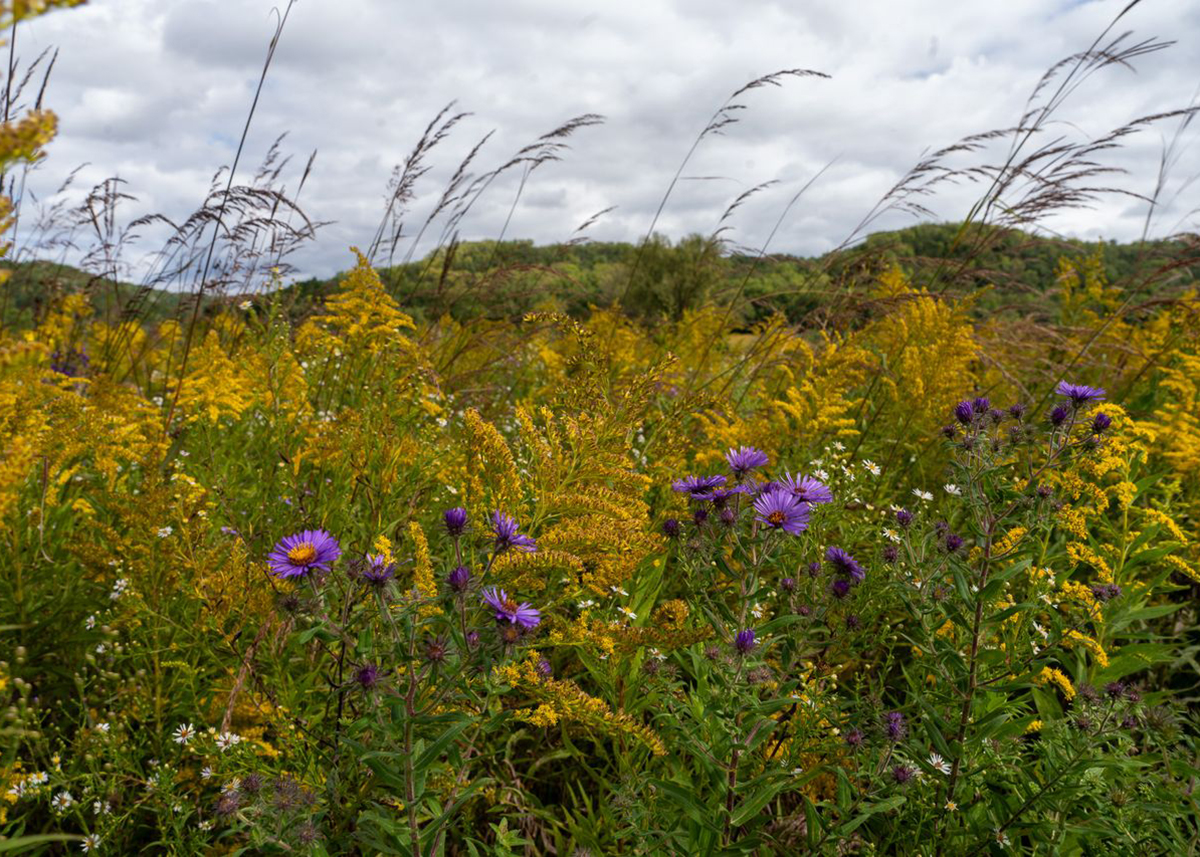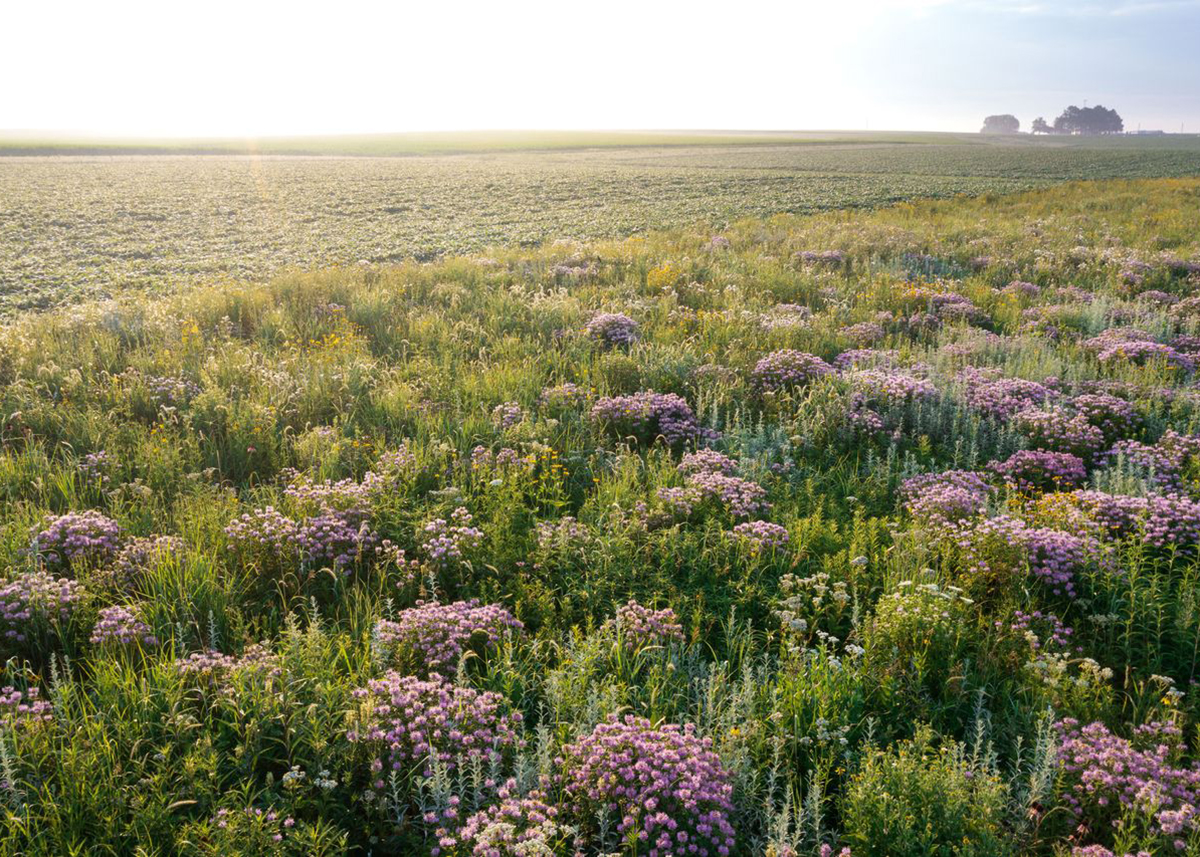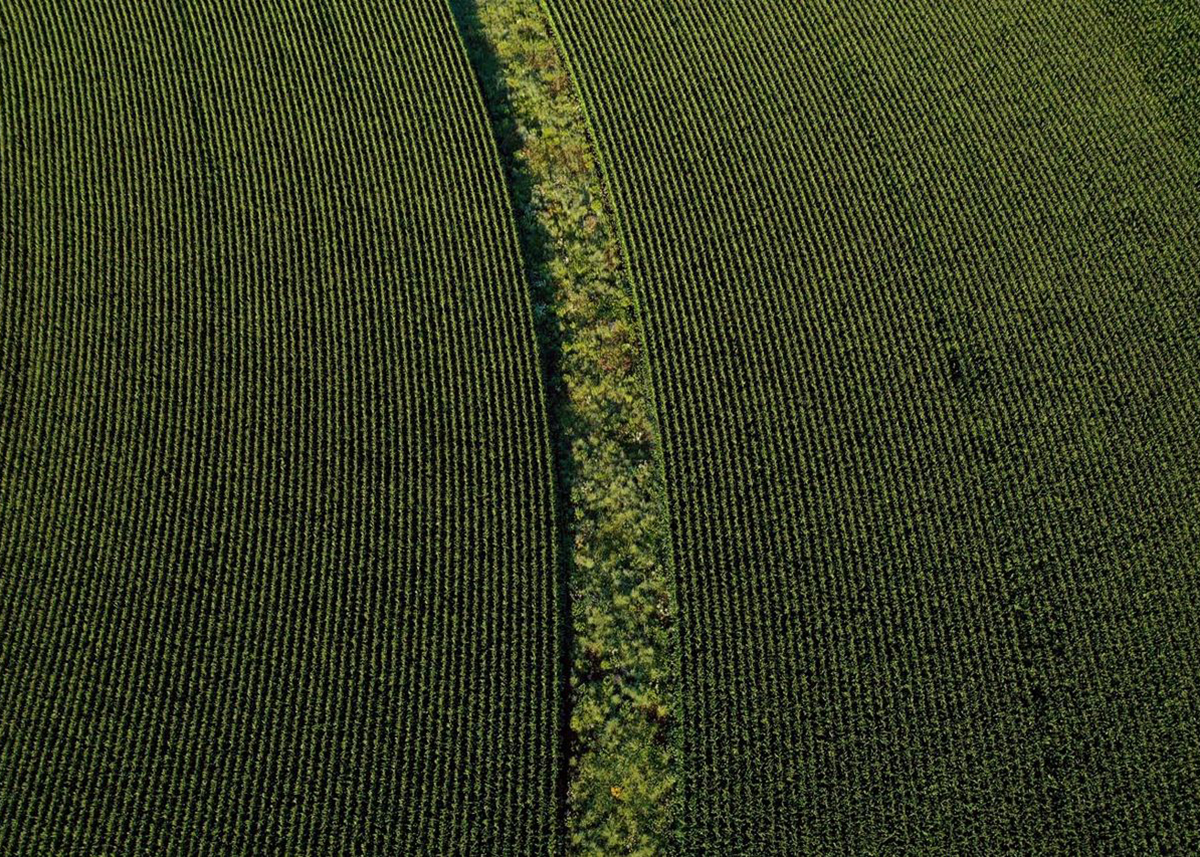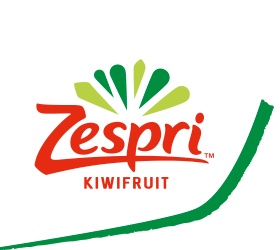In a bold step toward reimagining how food is grown and land is stewarded, Whole Foods Market and Mad Agriculture have partnered to launch a “biodiversity highway” initiative.
The effort will connect farms across regions through regenerative practices that restore soil health, increase biodiversity and build climate resilience. By investing in a more ecologically balanced agricultural landscape, the initiative aims to support farmers, strengthen local ecosystems and demonstrate a scalable model for sustainable food production.
“The biodiversity highway is our vision to transform farmland into resilient, regenerative landscapes that improve climate resilience, support wildlife and restore our soil and water systems,” says Nijia Zhou, principal climate adviser for Whole Foods Market. “Our food supply is interconnected, so we believe that by bringing together our supply chain partners, from farmers to retailers, we can help agriculture and biodiversity not only thrive together but be a force for ecosystem healing.”
The collaboration to launch a national biodiversity highway initiative aimed at reconstructing native ecosystems across American farmland begins in and around the Lowery Creek Watershed in Wisconsin, seeking to create a connected highway of climate-resilient habitats, restoring biodiversity, improving soil and water health and strengthening the long-term resilience of the food system, according to a news release.

The future of food depends on healthy, functioning ecosystems, the release says, yet America's farmland is under intense pressure — biodiversity is disappearing, soil health is declining and the land's ability to withstand environmental stress is weakening. By linking farms, watersheds and wild areas, the biodiversity highway will reduce fragmentation, support pollinators and wildlife, and help buffer communities from climate impacts like flooding and erosion.
“This initiative will unfold over the next three years, reconstructing ecosystems in ways that have the potential to improve how the land functions across the U.S.,” Zhou says. “Looking ahead, we aim to cultivate a 1,000-acre biodiversity highway, working closely with farmers to improve water filtration, store carbon, manage pests, reduce erosion and help ensure farmland stays productive over time. This is more than just an environmental initiative, but a blueprint for the future of regenerative agriculture. Working hand in hand with Mad Agriculture, we're helping create a scalable model for supply chain transformation built on sustainable farming.”
The program is building a practical model for reconstructing ecosystems in ways that have the potential to improve how the land functions — filtering water, storing carbon, managing pests, reducing erosion and keeping farmland productive over time. This includes cultivating perennial crops, which stay in the ground over years, improving soil health by reducing or eliminating the need for tillage, the release says.
“Teaming up with Mad Agriculture represents a meaningful step forward in our commitment to improving ecosystem health and fostering climate resilience,” says Jason Buechel, CEO for Whole Foods Market. “This initiative is about rethinking how we care for the land and support the people who grow our food. As the program expands, it will forge a more connected, resilient landscape, supporting biodiversity and more sustainable farming for generations to come. It's one of the most exciting efforts we've launched this year, and it builds on the momentum and progress outlined in our 2024 Impact Report.”

As part of the initiative, Whole Foods Market has pledged up to $500,000 in matching funds to catalyze $1 million in collective investment from food system stakeholders in 2025. The program aims to cultivate a 1,000-acre biodiversity highway across American farmland and invites founding member organizations to co-invest in ecosystem reconstruction efforts that will serve as an example for regenerative agriculture and collaborative supply chain transformation. Companies committed include Applegate, Bob's Red Mill, The Campbell's Company, New Belgium Brewing, OLIPOP, UNFI, UNFI Foundation, west~bourne and Yogi Tea.
“This initiative is laying the groundwork for a new kind of agriculture,” says Omar de Kok-Mercado, director of wilding for Mad Agriculture. “The biodiversity highway is a blueprint for the next era of American infrastructure. Not just pipes and roads but living systems that restore function to land. It operationalizes perennial agriculture at scale, connecting ecological health to economic resilience. We're not restoring the past — we're engineering the future, one corridor at a time.”
The initiative is a cornerstone of Whole Foods Market's broader commitment to sustainability, as detailed in its newly released 2024 Impact Report. The report highlights progress across our key focus areas, including:
- Advancing Regenerative Agriculture: Doubled the number of certified regenerative products to 301, all verified by trusted third-party standards such as Regenerative Organic Certified, Regenified, and Ecological Outcome Verified.
- Biodiversity Leadership: Ranked the top U.S. retailer for pollinator protection by Friends of the Earth and expanded biodiversity efforts through native prairie restoration and pollinator-friendly sourcing policies.
- Food Access and Community Giving: Donated over 34.6 million pounds of food, nearly 29 million meals, to more than 1,000 food rescue and redistribution programs across North America.
- Reducing Emissions in Our Supply Chain: Collaborated with key suppliers, including shrimp and dairy suppliers, to help accelerate their carbon-reduction efforts and mitigate the carbon impact of its supply chain.
- Reducing Emissions at Stores: 64 stores with solar installations, 235 stores relying on lower-global warming potential refrigerants and 389 electric vehicle charging stations across stores to improve energy efficiency and reduce emissions.
- Impact Through Giving: Invested $14.2 million through the Whole Foods Market Foundation, supporting 1,239 organizations and schools in 39 countries to advance food access, education and economic opportunity.
- Responsible Sourcing: Supplied more than $8.8 million in premiums, benefiting workers, their communities and/or the environment through our Sourced for Good program.
“The 2024 Impact Report is a reminder that the products on our shelves represent a story of people, places and choices that shape our food system,” says Caitlin Leibert, vice president of sustainability for Whole Foods Market. “It reflects the collective effort of farmers, producers, team members and partners who are helping us build something better. Our work with Mad Agriculture is one of the most inspiring examples of that effort, showing what's possible when we stay rooted in our purpose to nourish people and the planet. We're proud to be part of something that honors those connections and helps shape a more hopeful future for food.”
Whole Foods says this shared vision, spotlighted in its 2024 Impact Report and embodied by the biodiversity corridor initiative with Mad Agriculture, offers a forward-looking blueprint for how the food industry can address ecological challenges through ecosystem restoration and land stewardship.
To learn more about Whole Foods Market's impact, visit wholefoodsmarket.com/mission-in-action.



















